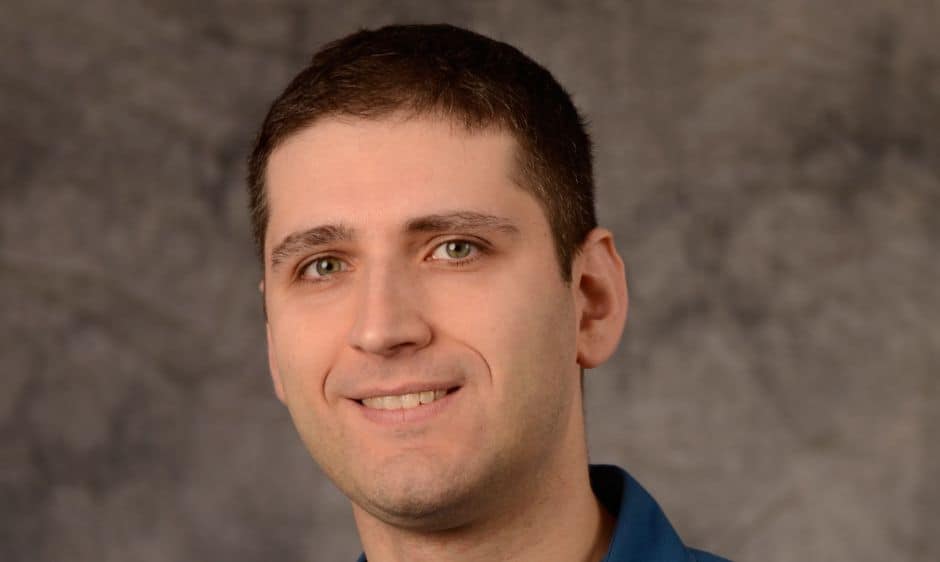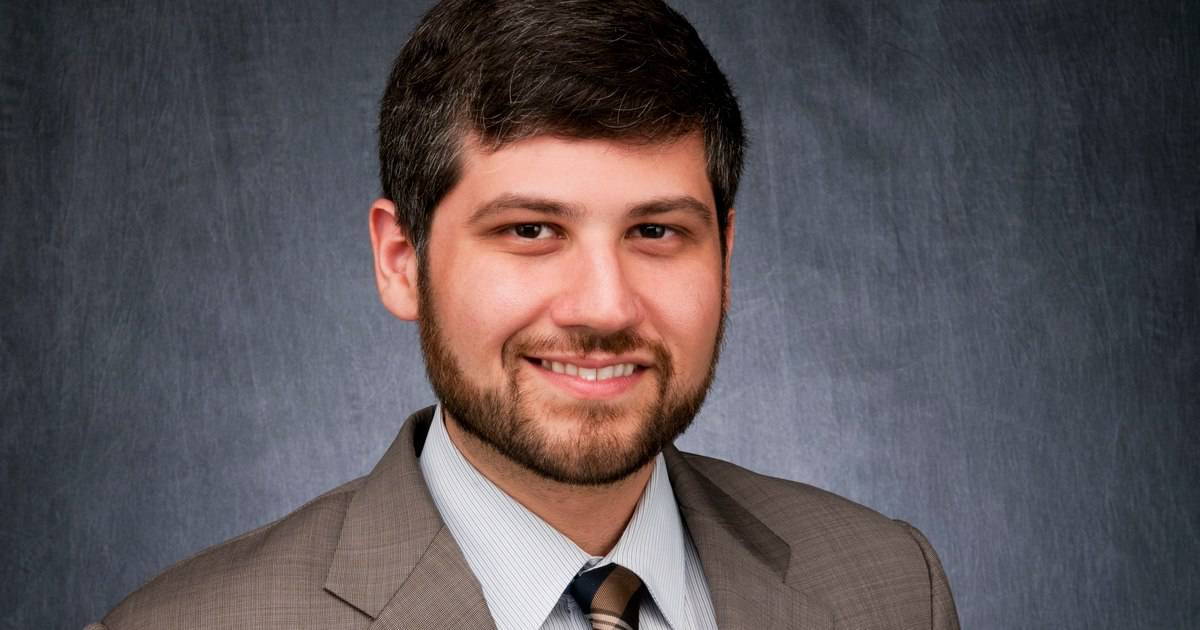Introduction
One strong sign of a politician’s interest in the presidential race is always the amount of early money raised. New rules for identifying lobbyist-bundlers show just two potential GOP candidates for the 2012 nomination reporting large bundled contributions from registered lobbyists in the 2009-2010 campaign cycle.
Last April, the Center reported that new rules enacted by Congress in 2007 as part of the Honest Leadership and Open Government Act went into effect in February 2009 requiring that federal candidates identify any registered federal lobbyists who gather checks from their friends and colleagues and hand them over to campaigns in a tidy “bundle” of $16,000 or more in each six-month period. At the time, just 63 political committees out of the thousands in operation had disclosed any such bundling lobbyists helping their cause. Nearly a year later that number has barely increased to 85 committees — even over the course of one of the most expensive elections in history.
Minnesota Rep. Michele Bachmann and South Carolina Sen. Jim DeMint are the only two potential 2012 candidates to file under the lobbyist-bundler disclosure laws. Each reported just one instance of receiving $16,000, the minimum reporting requirement, over the 2010 campaign.
This is notable because of the wide-open Republican field. Only one noteworthy candidate — businessman Herman Cain — has formed an exploratory committee for the 2012 GOP presidential race. But many more operated federal leadership political action committees during the last election cycle. These include former Alaska Gov. Sarah Palin (Sarah PAC), former Massachusetts Gov. Mitt Romney (Free and Strong America PAC), former Arkansas Gov. Mike Huckabee (Huck PAC), former House Speaker Newt Gingrich (American Solutions PAC), and current Mississippi Gov. Haley Barbour (Haley’s PAC). Other possible candidates include current federal officeholders who maintained both leadership PACs and campaign accounts over the past two years, such as South Dakota Sen. John Thune and Texas Rep. Ron Paul.
As of filings through this week, none of those other committees has yet filed a single Form 3L, the Federal Election Commission’s mechanism for reporting contributions bundled by registered lobbyists and their PACs.
Bachmann, in her third term in the U.S. House, reported taking in $23,825.10 in bundled contributions from the Susan B. Anthony List’s Candidate Fund in 2010, the political action committee for a group that seeks to elect anti-abortion women to Congress. A spokeswoman for the PAC told the Center for Public Integrity that no one at Susan B. Anthony’s List is registered as a federal lobbyist, but that the group supports Bachmman because “she’s a pro-life woman who represents what the Susan B. Anthony List embodies.” Bachmann’s campaign office did not respond to a request for comment.
DeMint, a second-term senator who previously served three terms in the U.S. House, reported $36,100 in bundled donations from lobbyist Frederick “Tripp” Baird III in late 2009. Baird, one of the five lobbyists highlighted in our April 2010 story, is a former aide to multiple GOP senators and a partner at Watts Consulting Group, the lobbying branch of J.C. Watts Companies — named for a former congressman and star Oklahoma Sooners quarterback. He represents influential clients including telecom giant AT&T Inc., the Pharmaceutical Research and Manufacturers of America, and the controversial Bowl Championship Series (BCS), which runs the college football bowl games that crown a national champion each year. Baird told the Center at the time of the report that he was “shocked” to be the top Republican on the list of bundlers but is “not ashamed of bundling.” A DeMint spokesman declined to comment on this story.
According to Public Citizen’s White House for Sale database, at least 193 lobbyists served as major bundlers for presidential candidates in the 2008 elections. Assuming that the PACs and campaign committees are in full compliance with the disclosure rule, the 2012 hopefuls have some catching up to do.


Join the conversation
Show Comments